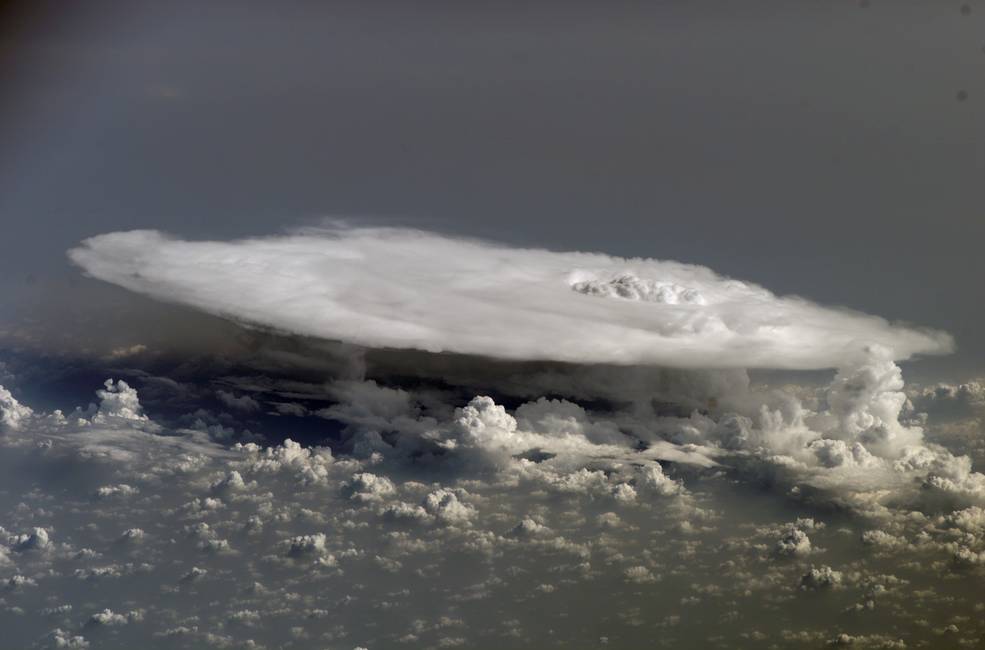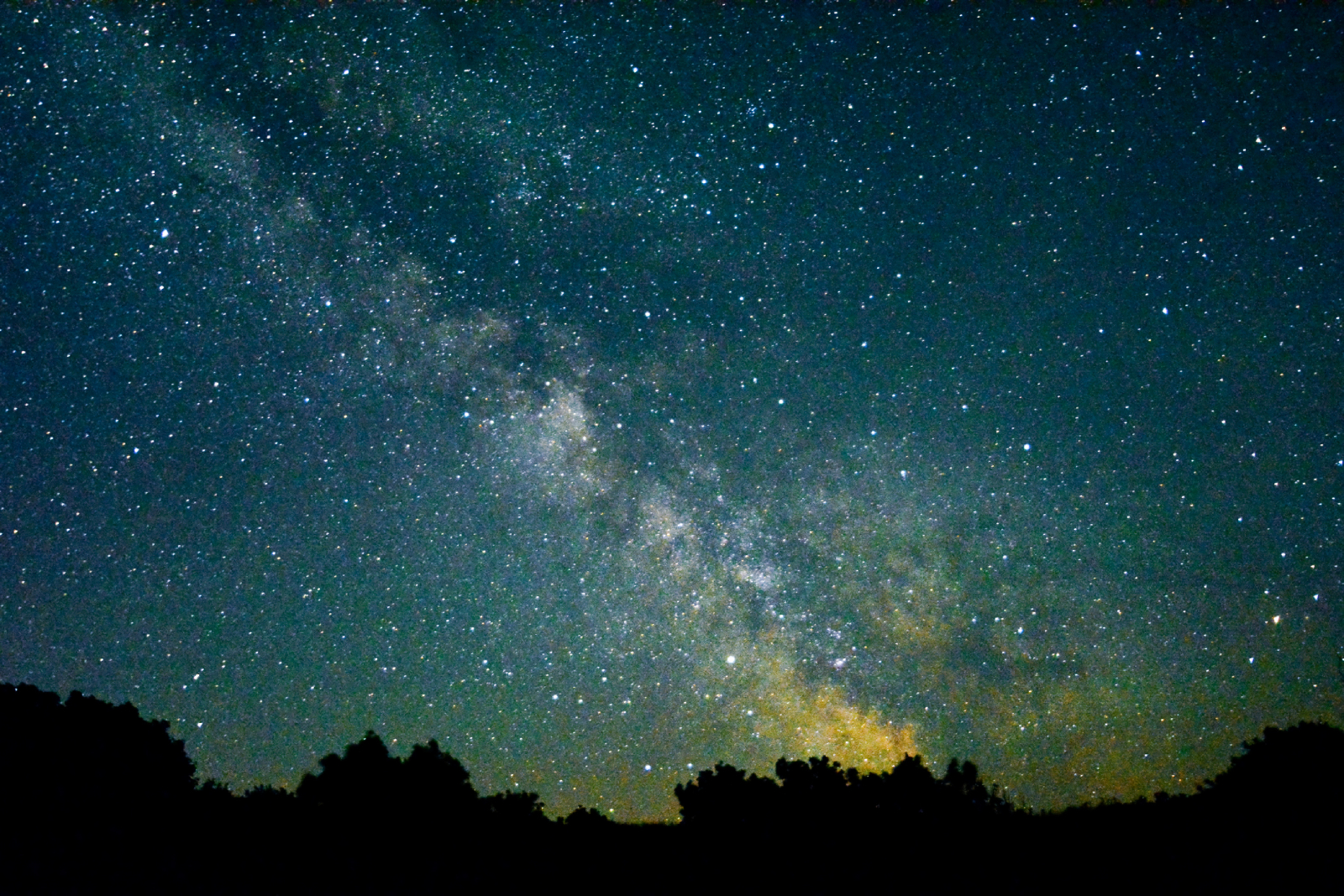Vanderbilt has been chosen to lead a NASA satellite mission, supported by a grant of up to $37 million, aimed at better understanding Earth’s high-altitude ice clouds. Ralf Bennartz, Stevenson Chair and professor of earth and environmental sciences, will lead the mission, which will underscore Vanderbilt’s cutting-edge contributions to comprehending our planet’s climate.

Bennartz, who has dedicated his career to studying water vapor, clouds and precipitation, will be the project’s principal investigator.
“Vanderbilt’s climate research portfolio is growing, and this new NASA mission will provide opportunities for graduate students, postdocs and researchers to embed themselves in cutting-edge technological developments to better understand the climate system,” Bennartz said.
The project will also provide “ample opportunity for undergraduate student research immersion experiences” at Vanderbilt through a student collaboration between Vanderbilt and the University of Tennessee at Chattanooga.

(Courtesy of NASA)
His team will employ an advanced instrument known as the Polarized Submillimeter Ice-cloud Radiometer, or PolSIR. Supported by two “CubeSat” satellites that measure clouds’ daily cycle of ice content, the project will help improve climate forecasts.
A large team of engineers and scientists will work together over several years to put in place all the bits and pieces needed for the mission. The team behind the mission proposal was about 30 engineers and scientists.
The mission is part of NASA’s Earth Venture class, a program dedicated to propelling innovative, cost-effective science missions that broaden knowledge of Earth’s intricate weather systems. The grant, capped at $37 million, is for lifecycle costs and does not include launch costs. The goal is to launch the satellites for this mission by the end of 2027.
Dong Wu, at NASA’s Goddard Space Flight Center in Greenbelt, Maryland, will be deputy principal investigator. NASA Goddard will provide the project management team that builds the two instruments, while science operations will be conducted by the Space Science and Engineering Center at the University of Wisconsin–Madison.
The selection of Vanderbilt University to lead this large, complex project spotlights the university’s robust and groundbreaking research efforts in Earth and environmental sciences with the assessment of climate patterns and global impact.
Research Development and Support coordinated with the provost’s office and advised on the submission process and project structure for the grant. Research Development and Support is in the Office of the Vice Provost for Research and Innovation. To learn more about the wide range of services provided by Research Development and Support, please contact rds@vanderbilt.edu.
